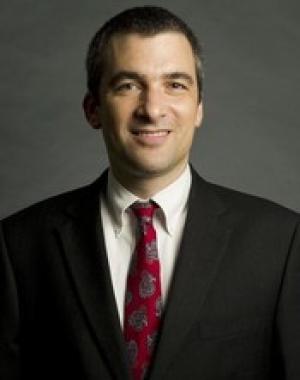I like to say that studying Judaism made me Catholic. Many years ago, I was a zealous, anti-Catholic evangelical Christian living in Jerusalem and active in the Messianic Jewish movement (the movement of Jews who believe in Jesus). Messianic believers are eager to rediscover the Jewish Jesus and the Jewish practices of the Early Church before it became tainted and compromised—so they say—with gentile beliefs and practices.
Like my Messianic Jewish friends, I accepted as the foundation of my faith the principle of sola scriptura—the great theological pillar of the Reformation positing that the Bible is our only and final source of authority in matters of faith. According to the Reformers and their followers, because human traditions are unreliable and prone to change, the Bible alone is the trustworthy Word of God that communicates to us the eternal truths that God revealed for our salvation (cf. 2 Tm 3:16).
Yet after spending a few years in the Messianic movement, I began to feel uneasy about sola scriptura. I found the doctrinal anarchy reigning in Protestantism and in Messianic Judaism increasingly disturbing. Even though all believers accepted the Bible as the Word of God, they constantly disagreed among themselves on substantial points of doctrine, with no final authority able to arbitrate between them. I began to think, moreover, that the endless multiplication of denominations found in Protestantism could surely not be God’s will. This led me to investigate what Scripture and Judaism had to say about the nature of God’s revelation to man.
The rest of this online article is available for current Guild members.
This article is from The Catechetical Review (Online Edition ISSN 2379-6324) and may be copied for catechetical purposes only. It may not be reprinted in another published work without the permission of The Catechetical Review by contacting [email protected]


















